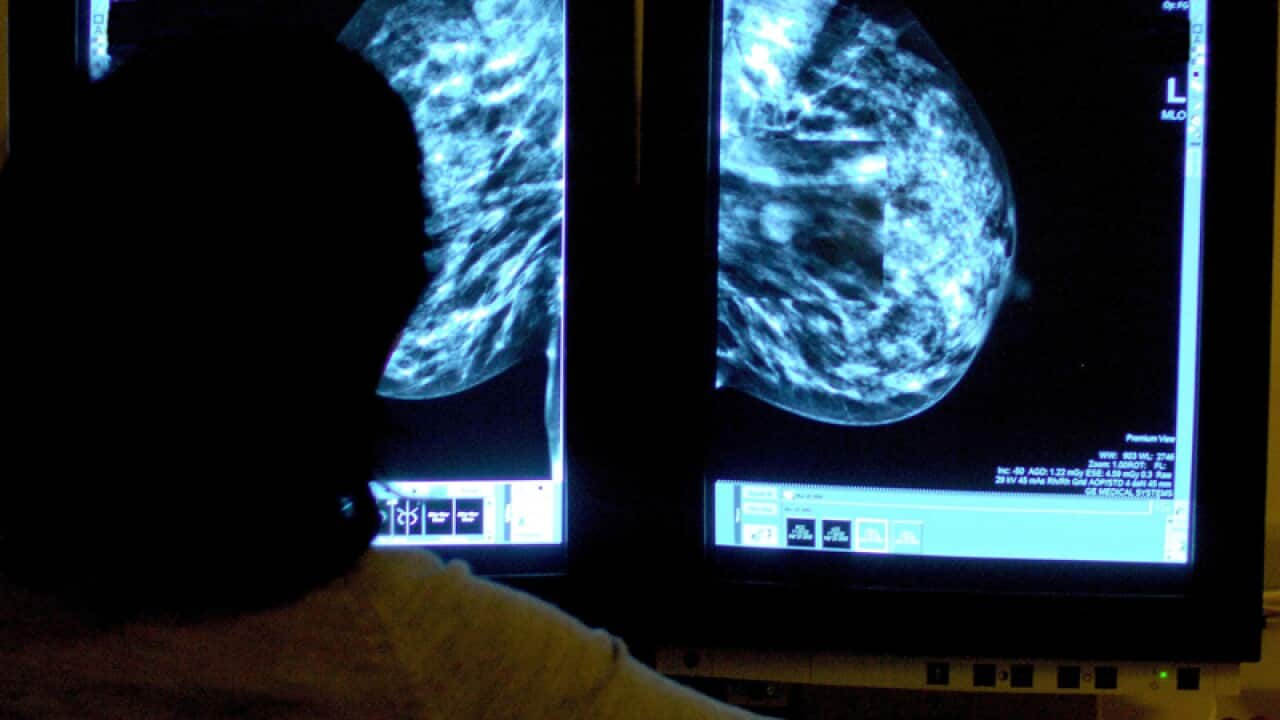The drug stimulates cells that produce the pigment that absorbs ultra-violet light, the researchers said in the US journal Cell Reports published on Tuesday.
They stressed that further tests are needed to safeguard against potential side-effects in humans.
Applied as a cream to the skin, the drug allowed red-haired mice to develop a deep tan. Like their pale-skinned human counterparts, the mice are particularly susceptible to the damaging effects of the sun's ultra-violet rays.
The original breakthrough in mice was announced more than a decade ago, in a study published in the British journal Nature in 2006. But it has taken scientists that much time to work out how to make much thicker human skin absorb the substance.
The initial report revealed that a substance called forskolin gave red-haired mice a deep tan without exposure to UV light.
Related reading

Smoking linked to skin cancer: Qld study
But because human skin is relatively hairless compared to animals', it has evolved to be much tougher in order to protect against heat, cold and other environmental factors, and the topical substance could not penetrate it effectively.
"Human skin is a very good barrier and is a formidable penetration challenge. Therefore, other topical approaches just did not work," said David Fisher, chief of dermatology at Massachusetts General Hospital, a professor of dermatology at Harvard Medical School, and one of the authors of the study.
"But 10 years later, we have come up with a solution. It's a different class of compounds, that work by targeting a different enzyme that converges on the same pathway that leads to pigmentation," he said.
The scientists tested the substance on samples of human skin kept in laboratories and found that it darkened in proportion to the dosage applied. The tan lasted several days.
In animal tests, red-haired mice became "almost jet black in a day or two with a strong enough dose," the researchers observed. When the dosage was removed, normal skin regeneration meant the color faded within a week or so.
"We believe the potential importance of this work is towards a novel strategy for skin cancer prevention," Fisher said.
"Skin is the most common organ in our bodies to be afflicted with cancer, and the majority of cases are thought to be associated with UV radiation," he said.
The long-term aim would be to create a cream that develops a tan without exposure to sunlight but which also absorbs harmful UV rays like traditional sun screens.
Breast cancer screening rates for Arabic-speaking women 'alarming'
Share



